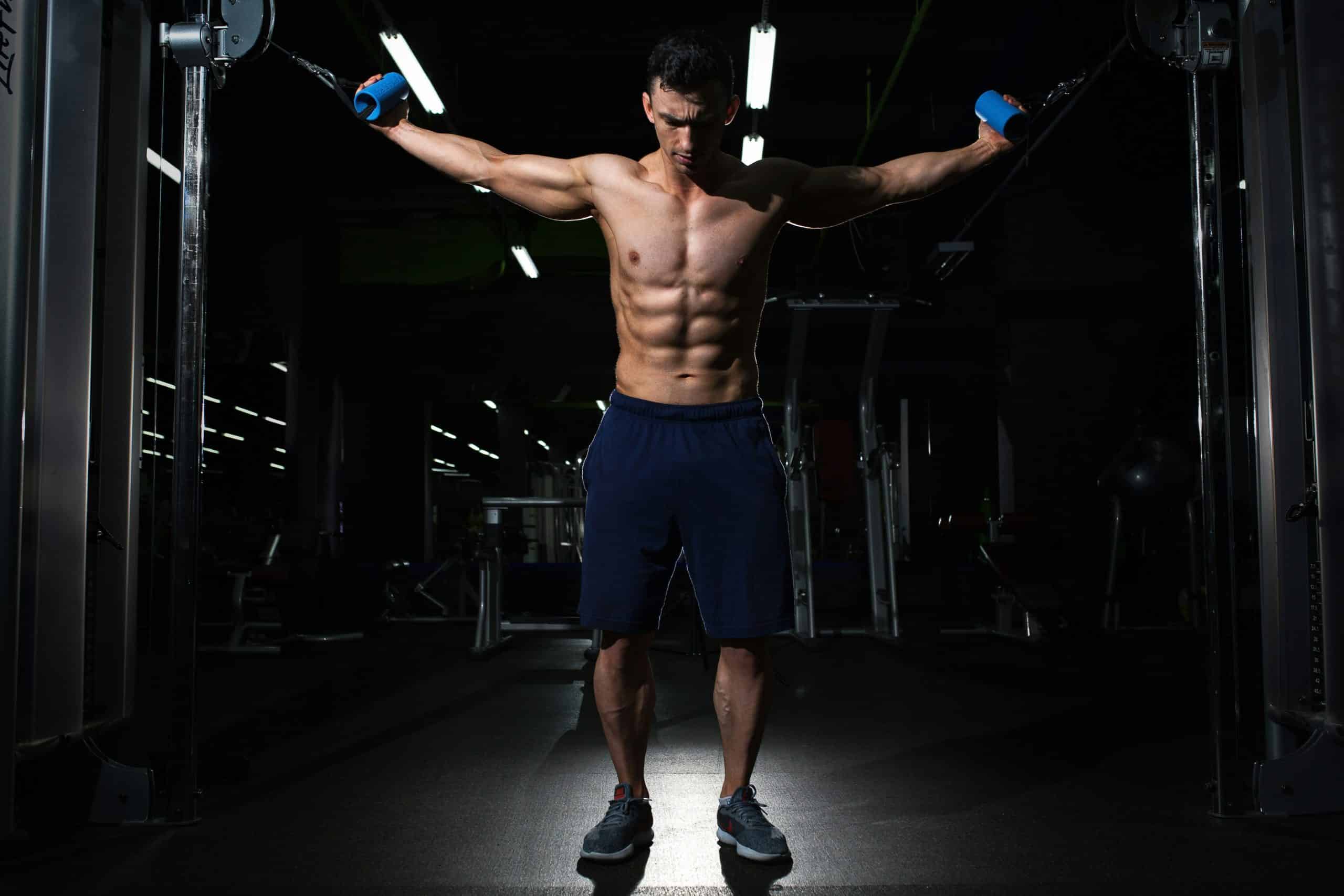Elite athletes are the epitome of hard work, dedication, and precision in sports. The demanding nature of competition compels them to seek the most effective training programs, ensuring peak performance during major events. Preparation for such competitions involves a refined blend of physical conditioning, skill development, mental toughness, and strategic planning.
Behind every great athlete is a meticulous approach to training, influenced by the latest research and best practices in sports science. This article delves into how elite athletes prepare for major events, focusing on their training regimens, the guidance of knowledgeable coaches, and the role of sports psychology.
A lire également : How are advanced fabrics and materials changing sports apparel?
The science of training programs
Elite athletes abide by training programs grounded in scientific research. Access to sources such as PubMed, Google Scholar, and PubMed Central equips both athletes and coaches with insights into sports physiology and best practices. These platforms are treasure troves of peer-reviewed articles and case studies, providing evidence-based data that shape the contours of modern training.
Physical conditioning
Physical conditioning is the cornerstone of athletic preparation, and it encompasses a wide range of activities aimed at enhancing an athlete’s physical capabilities. The training volume, intensity, and specificity are tailored to the athlete’s sports discipline.
Avez-vous vu cela : Breaking barriers: women who are changing the face of sports
For example, sprint training for track athletes emphasizes explosive power and acceleration. Articles on PubMed and Sport Med might highlight the importance of a progressively increasing training volume, with periods of intense training followed by adequate recovery to prevent injuries. Crossref Google searches can yield additional resources such as journals like “International Journal of Sports Physiology and Performance,” that detail the physiological adaptations necessary for sprinters.
Technical skills and strategies
Technical skills are critical for athletes. Coaches often design drills that simulate competition conditions, enabling athletes to refine their skills. This might include practice matches, technique workshops, and video analysis sessions. Articles from Sports Med or Google Scholar often explore how elite athletes employ these technical sessions to fine-tune their craft.
The role of coaches in athlete development
Coaches are pivotal in translating the information from scholarly articles into actionable training plans. They interpret articles from PubMed Google or Article CAS PubMed to devise comprehensive training programs that address an athlete’s unique needs.
Training volume and intensity management
An athlete’s training regimen must balance training volume and intensity to optimize performance without causing burnout or injury. Coaches use studies on PubMed or sports-specific journals on Google Scholar to manage this balance effectively. They ensure that athletes ramp up their training at a sustainable pace, a concept often discussed in the literature of Sports Physiol Perform.
Psychological skills training
Coaches also incorporate psychological skills training into the preparation period. Studies from sport psychology journals accessed through platforms like PubMed Central stress the importance of mental toughness and resilience. Coaches may employ techniques such as visualization, goal-setting, and mindfulness, all of which are well-documented in sports psychology literature.
The impact of sports psychology
Mental preparation is just as significant as physical training. Elite athletes devote time to developing their psychological skills, which can be the deciding factor in high-pressure scenarios.
Building mental resilience
Mental resilience enables athletes to cope with the pressures of elite competition. Resources from Google Scholar and PubMed offer insights into cognitive-behavioral strategies that help athletes maintain focus and composure. This aspect of training is often explored in sport psychology literature and is an integral part of an elite athlete’s training program.
Visualization and goal-setting
Visualization and goal-setting techniques are commonly employed by elite athletes. According to research found on PubMed Google and other academic databases, these practices can significantly improve an athlete’s confidence and ability to perform under pressure. By visualizing success and setting achievable goals, athletes enhance their psychological readiness for competition.
Periodization and adaptation
The periodization of training is essential for reaching optimal performance at the right time. Elite athletes and their coaches use periodization strategies to ensure peak performance aligns with major competitions.
Preparation period
The preparation period is a systematic approach to training where intensity and volume are carefully adjusted over time. Information on periodization strategies can be found in articles on PubMed and Sports Med. This tailored approach ensures that athletes are not overtrained and are in peak condition for their events.
Adaptation to training stimuli
Athletes must adapt to the ever-increasing demands of their sports. Research from PubMed Google and Pubmed Central indicates that the body’s adaptation to training stimuli is a complex process that requires careful planning. The articles discuss how different phases of training focus on building strength, power, endurance, or speed, depending on the athlete’s sport and needs.
Integrating technological advances
Technology is increasingly becoming integral to elite athlete training. From wearable devices to biofeedback mechanisms, athletes are leveraging technological advancements to enhance their preparations.
Wearable technology and data analysis
The use of wearable technology allows for precise monitoring of an athlete’s physiological and biomechanical data during training. Through Google Scholar and Crossref Google, coaches can stay updated on the latest technological developments and integrate them into training programs. Data analysis leads to individualized training adjustments that can make the difference in an athlete’s performance.
Recovery and injury prevention technology
Recovery is just as important as training, and technology plays a pivotal role here as well. Devices such as cryotherapy chambers and compression boots help athletes recover quickly and reduce the risk of injury. Scholarly articles from sports physiol and sports med provide insights into how these technologies can be effectively used during the preparation period.
In conclusion, elite athletes prepare for major events through rigorous, scientifically-informed training programs. They rely on research from sources like PubMed, Google Scholar, and PubMed Central to design training regimens that optimize physical conditioning, technical skills, psychological resilience, and appropriate periodization. Coaches play a crucial role in translating this knowledge into practice, ensuring that the athlete’s training volume and intensity are managed effectively. The integration of sports psychology strengthens mental preparedness, while technological advancements offer valuable tools for monitoring, analysis, and recovery. With this comprehensive approach, elite athletes are able to harness their full potential and excel in competition.











